Why Your Medical Practice Shouldn't Settle for a Regular Firewall
Most offices and homes have a regular firewall, an application that you install on your endpoint device to protect it from incoming threats. It has to be properly configured, monitored, and updated by a user to be fully effective. It's not meant to protect against sophisticated attacks, which is what your medical practice needs.
A regular firewall can be easily bypassed, leaving your practice vulnerable to data theft or ransomware. It’s important to make sure your medical practice has a comprehensive security solution in place, including a highly effective firewall.
When you have been in the healthcare industry for quite some time, you know that cyber threats tend to be more serious than what you encounter in other industries. You also know that a traditional firewall just isn't enough.
What Makes a Good Firewall for Medical Practices?
A firewall is a critical part of your IT security. It's the first line of defense against cyberattacks, and it's essential for protecting your medical practice from hackers, malware, and ransomware. But not all firewalls are created equal. So what makes a good firewall for medical practices?
Conventional firewalls are a good option for small to medium-sized medical practices. They're affordable and easy to use, and they offer basic protection against common threats. However, they're not as robust as other options available, so they may not be suitable for larger organizations.
For larger medical practices, a managed firewall is a better option. This solution offers more features and
greater protection against sophisticated threats. They can also be scaled to accommodate organizations of any size.
Managed Firewall: The Superior Alternative to the Traditional Firewall
You just can’t rely on a regular firewall. The complexity of cyber threats today requires a more robust defense, making a managed firewall the most effective solution. With a managed firewall, you'll benefit from real-time threat detection and comprehensive protection against malware, ransomware, and other online threats.
What's more, a managed firewall is constantly updated to ensure that your practice is always protected. By investing in a managed firewall, you'll be able to focus on your patients and leave the cybersecurity to the experts.
What Is a Managed Firewall?
A managed firewall is a type of firewall installed and maintained by the hosting company. The hosted firewall is usually managed by an IT team that can configure it to suit the needs of their client
Managed firewalls are used to protect networks from external threats, like malware and viruses, as well as internal threats, like employees who might be trying to steal company secrets.
The main difference between a managed firewall and other types of firewalls is that with a managed firewall, the
managed service provider (MSP) takes care of all the maintenance and configuration for you.
The Advantages of a Managed Firewall Over a Regular Firewall
By now, it's apparent that a managed firewall can provide an extra level of security to your practice, and a standard firewall may not provide enough protection.
A firewall is a critical security component for any business, but the benefits of a managed firewall over a regular firewall are significant. Here are some of the benefits you’ll enjoy if you go for a managed firewall:
More Security Features
Managed firewalls include other security features not generally available with regular firewalls. For example, they can consist of more comprehensive logging, application-level filtering, and intrusion detection and prevention.
Managed firewalls can be more responsive to changes in the network environment, such as adding new devices or applications. This makes it a more comprehensive solution for businesses that want to secure their networks.
A managed firewall service can also provide more detailed reporting and analysis of traffic and activity.
Proactive Approach to Threat Protection
A managed firewall provides proactive protection against the latest malware and threats, while most regular firewalls tend to be reactive. This means they only respond to threats after they've already occurred. This makes regular firewalls substantially less effective at stopping attacks since the attacker has already had the opportunity to cause damage.
Additionally, a traditional firewall simply monitors traffic and allows or denies access based on predefined rules.
A managed firewall is proactive, meaning it can
stop threats before they cause damage. It does this by constantly monitoring traffic and scanning for known threats.
More Control Over Network Traffic and Activity
While a regular firewall offers only limited control, a managed firewall offers granular control over network traffic and activity. This allows for more precise management and monitoring of your network.
As a result, you can prevent any unwanted threats to the security of your network. A managed firewall is usually found on the perimeter of a network, where it acts as a gateway between the internet and your internal servers.
You can create rules that specify which traffic meets specific criteria and what actions you want the firewall to take based on that traffic. For instance, you could create a rule that any HTTP traffic from your server’s domain must pass through the firewall before reaching the internet, while all other traffic passes straight through. This way, you can have full control over what your server’s traffic looks like.
Easily Customizable to Meet Your Specific Needs
A managed firewall can be customized to fit the specific needs of your medical practice, which is not the case with a conventional firewall.
With a managed firewall, you can filter traffic based on more specific criteria, such as ports, addresses, or applications. As a result, your firewall can be programmed to block or allow traffic based on whether an authorized user or device is transmitting it.
Also, with a few simple clicks, you can log all network and outbound traffic on the firewall. With this information at hand, you can easily track who was using the network and what they were doing. This information can be extremely useful in the event of a security breach, especially if external threats are detected.
Comes With 24/7 Support From Experts
When your practice is facing a cyber emergency, you need help fast. A managed firewall service comes with round-the-clock assistance from experienced professionals, while a regular firewall may not be monitored at all or only intermittently.
With a
managed firewall tailored for healthcare’s unique needs, you have access to features that allow for rapid response to emergencies. The peace of mind it provides is priceless, knowing that help is available 24/7 in the event of a crisis.
You'll be in a better position to resolve issues if you have 24/7 support for your firewall than if it were just handled by your in-house IT employees, who may be swamped with other day-to-day responsibilities.
Saves You Time
Firewalls are an essential part of computer security, but managing them can be a hassle. Regular firewalls require manual configuration and regular updates to stay effective. On the other hand, managed firewalls are configured and updated by experienced professionals, so you can focus on running your clinic.
If you have a managed firewall, you also don't have to worry about keeping it up to date with the latest security patches—that's all taken care of for you!
Saves You Money in the Long Run
Most business owners understand the importance of having a firewall in place to protect their company’s data. Still, many don’t realize that using a managed firewall service is often more cost-effective in the long run than using a regular firewall.
The points listed above indicate that managed firewalls offer an
affordable, long-term solution that is more cost-effective than regular firewalls.
Besides, if you or your existing in-house IT is stretched too thin, you might still end up hiring someone to oversee your firewall anyway. So you may as well consider investing in firewall management early on.
How to Choose the Right Managed Firewall Service for Your Practice
It's hard to find the right firewall service that fits all your requirements. You would benefit from a managed firewall solution that can keep your sensitive patient data safe, but you also need one that’s easy to use and doesn't require much maintenance. Numerous options are available, and it's tough to know which one is right for you.
ER Tech Pros’ managed firewall service is an excellent match for healthcare organizations that don’t want the hassle of managing their firewall. We offer a secure and easy-to-use solution that doesn't require any maintenance from you. Plus, we offer 24/7 support, so you can rest assured that your firewall is always up and running.
We'll work with you to find the right service plan for your medical practice, and we'll be here to help you every step of the way. Schedule a call with a cybersecurity expert today to learn more.
Search Articles
Healthcare & Tech Articles

ER Tech Pros is a managed service provider (MSP) that specializes in catering to the IT needs of businesses across the globe. We have offices in Sacramento and the Greater Fresno area.
We use our cutting-edge technology, extensive experience, and global team of technology experts to ensure your IT network is in its most secure and optimal state.
We focus on your IT so you can focus on growing your company.
8795 Folsom Blvd, Ste 205
Sacramento, CA 95826
1501 Howard Rd, Ste 2
Madera, CA 93637
(855) ER-TECH-1 / (855) 378-3241
info@ertech.io
Resources
Search this Site
ERTech Pros | All Rights Reserved.












